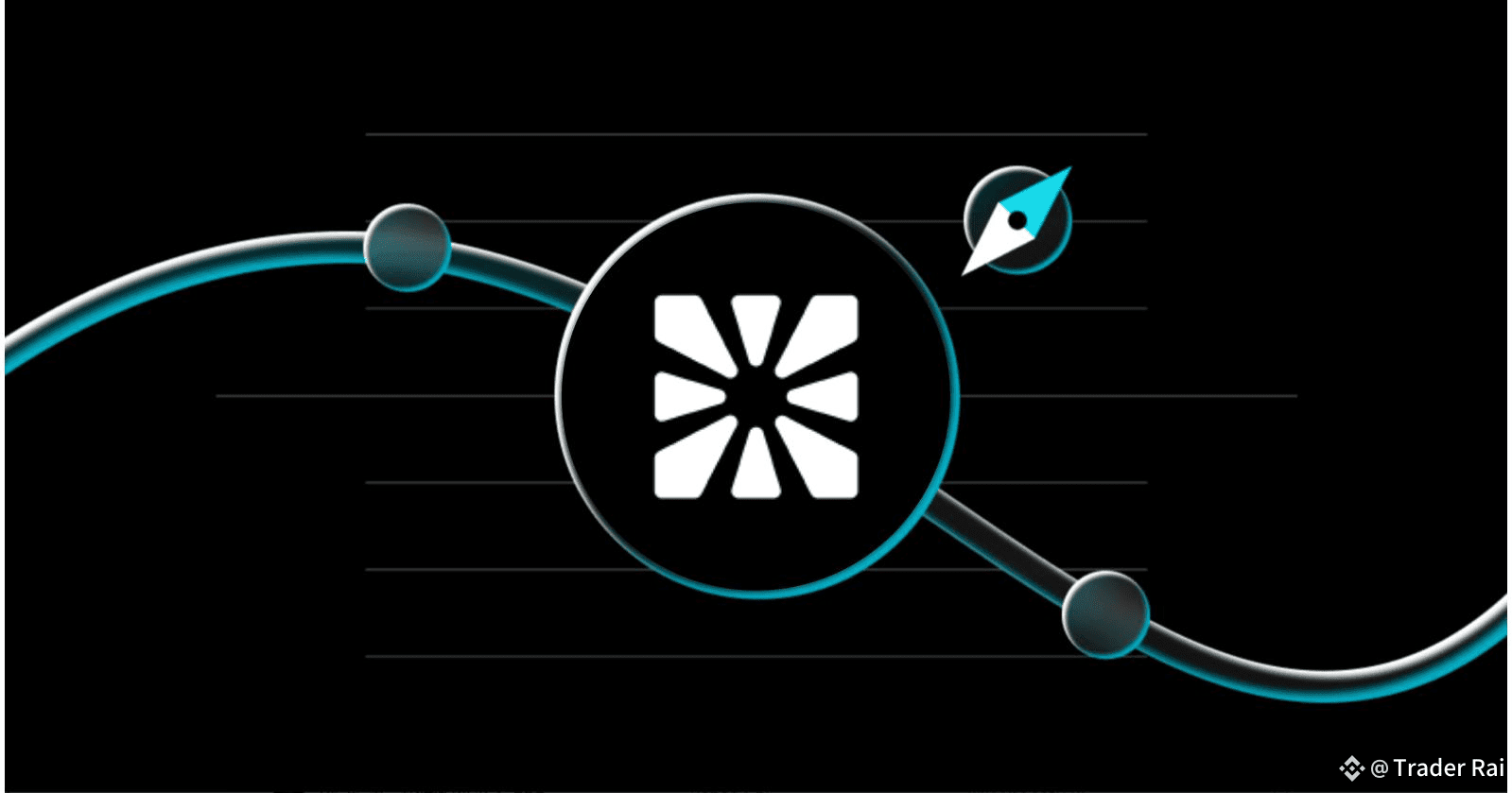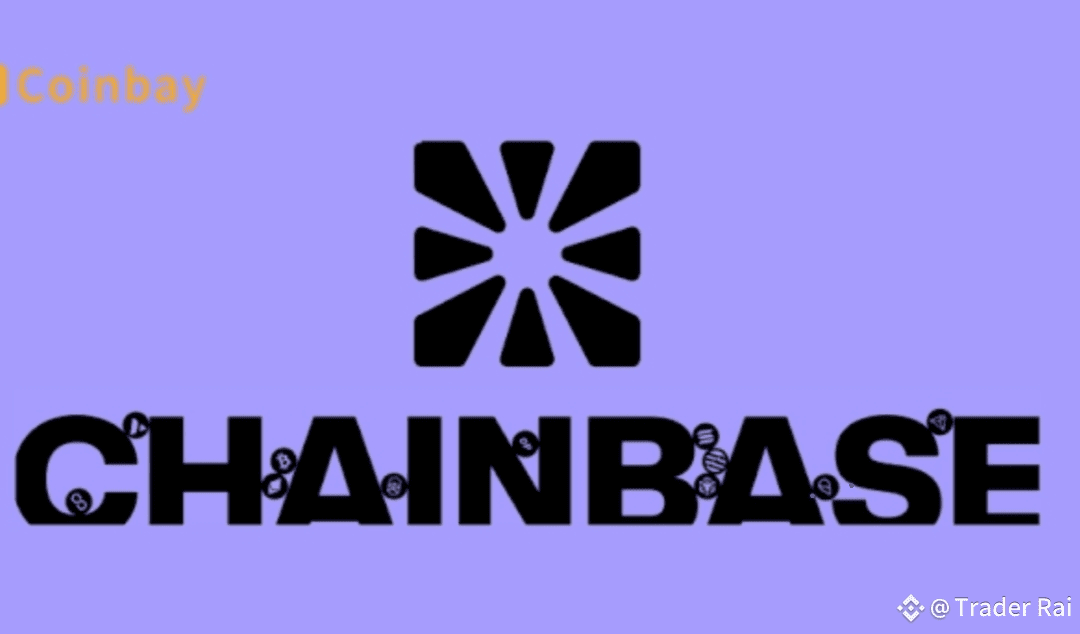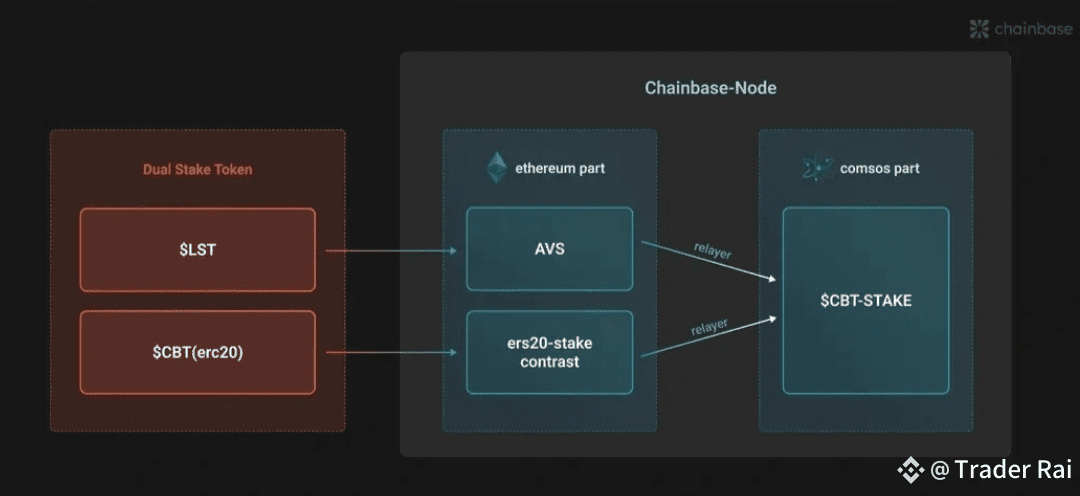The future of staking isn’t about single-chain rewards anymore — it’s about multi-chain power. @Chainbase Official is leading the way with its Dual Stake Token model, bridging Ethereum and Cosmos ecosystems to create a seamless, scalable staking economy 🌍.

🌐 What is the Dual Stake Token?
The model is built on two core tokens:
$LST → A liquid stake token representing staked assets
$CBT (ERC-20) → A flexible staking asset native to Ethereum
Together, they unlock a dual-staking mechanism that feeds into Chainbase Nodes.
🔗 How It Works
👉 On the Ethereum side:
$LST integrates with AVS (Actively Validated Services)
$CBT (ERC-20) connects through staking contracts
👉 On the Cosmos side:
These assets are mirrored via relayers into $CBT-STAKE, securing the Cosmos network.
This creates a bi-directional staking system — Ethereum ↔ Cosmos — where value flows seamlessly and security is maximized.

⚡ Why It Matters
1️⃣ Cross-Chain Staking → Stake once, benefit across two major ecosystems (ETH + Cosmos) 🔥
2️⃣ Higher Rewards Potential → Users capture yield from both staking layers 📈
3️⃣ Scalability & Flexibility → Relayers ensure assets move transparently and securely 🔒
4️⃣ DeFi & dApp Integration → Dual Stake feeds into dApps, oracles, and other financial products 🌍
💡 The Big Picture
The Dual Stake Token model is more than just staking — it’s a blueprint for interoperable DeFi infrastructure. With Ethereum’s dominance and Cosmos’s modular power, Chainbase is shaping a multi-chain future where liquidity, rewards, and security are interconnected.
This could also pave the way for real-world asset (RWA) staking, where treasury bonds, carbon credits, or other tokenized assets are secured by multi-chain validators.
✨ Final Thought: Chainbase is building the next-generation staking economy. With $LST and $CBT working across ETH and Cosmos, it’s not just dual staking — it’s dual power for the multi-chain era ⚡.
Are you ready to stake smarter, not harder? 🚀

